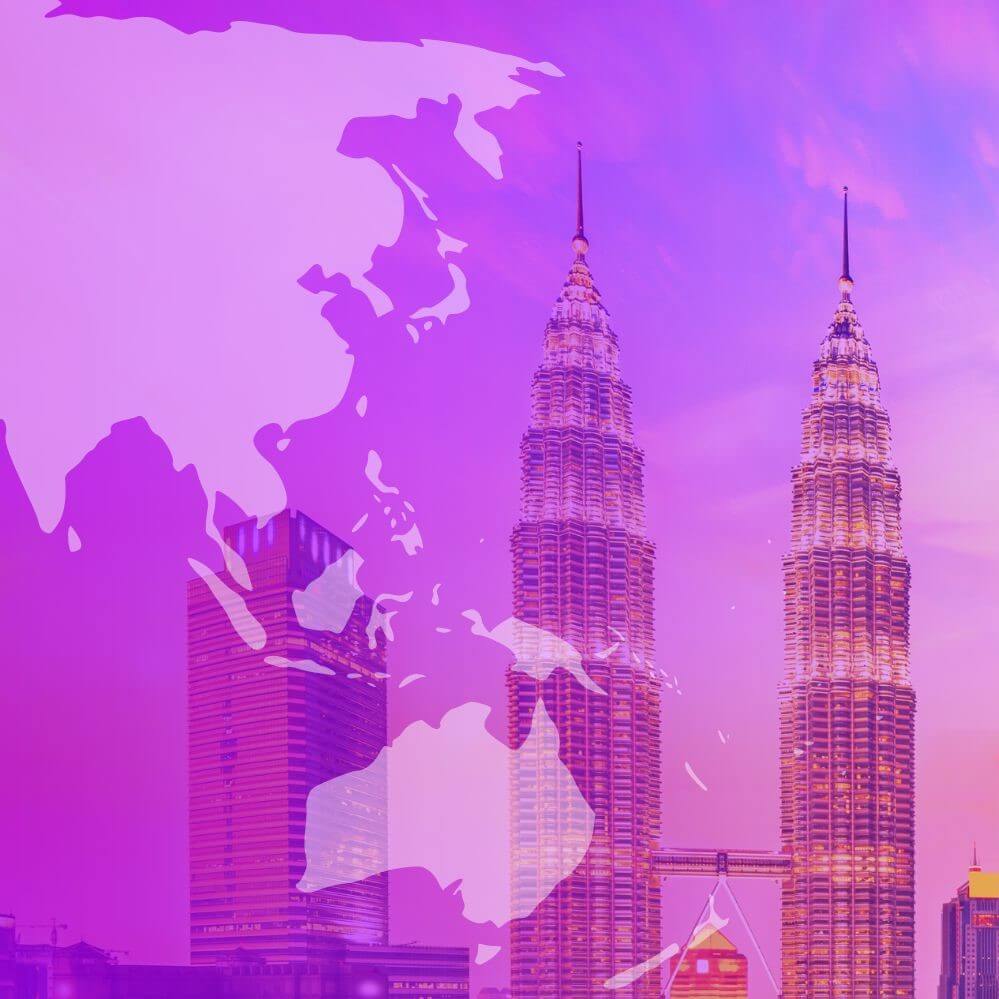
Political scientist Vineeta Yadav’s work is built on exhaustive research, and by the time she sits down to interview someone, she has spent hours planning, understanding the context and working out a line of inquiry to negotiate sensitive topics and get answers.
Even so, she’s sometimes caught off guard when an interviewee throws a curveball question – like the one who asked if she was working for the CIA.
“Some questions, you’re not really prepared for,” Yadav says. But dealing with skeptical interviewees comes with the territory: Yadav’s continent-spanning research deals with delicate matters, including corruption, authoritarianism and the influence of religion on politics.
Her work looks at how external forces influence politicians’ decisions, including religion. She has also investigated the influence of business lobbying on politics in developing countries and explored how veteran and newcomer politicians adapt to post-authoritarian democracies – among other topics.
Her latest book “Religious Parties and the Politics of Civil Liberties,” which won the 2022 Stein Rokkan prize, examines how religious politicians in Muslim-majority countries approach civil liberties – the first comprehensive research of its kind.
Political institutions and the effects of structural factors and events like economic crises and revolutions are well-studied, but we know much less about individual politicians, Yadav explains. What research does exist tends to focus on Western democracies, leaving huge holes in the data for the Global South.
“In the U.S. versus India, for example, are there similar kinds of people going into politics? Do they have similar risk preferences? Do they have similar religiosity levels? And do these differences matter for the political and policy decisions they make?” Yadav asks.
“Here’s this really crucial piece that’s going to determine how well our political machinery is going to work, and we just don’t know a lot about it,” she says.
“Getting politicians to sit down and talk with you and be honest … and to be able to use the same techniques that you can with voters – you can’t. They’ll get offended, or they’ll think you’re trying to deceive them. It’s a very different ballgame,” Yadav explains.
It’s a field that often requires creative approaches. To understand how party politics or business interests and corruption affect lawmaking, for example, a logical starting point would be data on how politicians vote, or which lobbyists are cosy with them. Researchers in Europe could get started by pulling public records – but this wasn’t an option in her subject countries. So, she developed new methods to reconstruct the missing information through extensive surveys, building a huge dataset which formed the basis of her 2011 book.

Global Knowledge Dialogue: Asia and the Pacific
The Global Knowledge Dialogue (GKD) Asia and the Pacific will be held on 6 October 2023 at the Kuala Lumpur Convention Centre
Yadav’s recent research in Pakistan and India surveyed politicians to get a sense of how religious beliefs affect their appetite for risk. Most research on the subject uses the frame of prospect theory, which argues that people tend to be risk-averse when facing gains and risk-seeking when facing losses – an assumption that previous research has tended to assume will hold true equally everywhere in the world, Yadav explains.
But in Pakistan and India, that’s not what she found at all. Not only do they not fit that model, but despite the two countries’ intertwined histories and institutional similarities, politicians on either side of the border see risk completely differently, she explains.
The findings can help to understand how governments in the two countries might respond to crises – and, by comparing similar data from around the world, the research sheds light on how religion connects with other variables that affect decisions.
But the research also illustrates a larger issue, Yadav explains: European and North American governance models and theories have been transposed into countries with completely different histories and political traditions – and the same is often true of the methodologies used by scientists studying those countries.
“We adopt the same institutions, the same procedures, the same constitutions with the same freedoms and rights – and we assume that if we do this, we will get the same outcomes,” she explains.
Yadav says she has seen those assumptions change – but it’s still not happening fast enough. “There need to be investments in social science research in developing countries to bring it up to global standards, to make it work for the problems that these countries are facing, using knowledge that’s locally pertinent and locally available, that I may not have sitting here (in the U.S.),” she says.
Above all, that funding should focus on Global South-based researchers, and on collaboration “between developing country academics and developed country academics, so that knowledge and techniques can flow in both directions, not just one direction,” she adds.
With countries and politicians around the world facing similar problems – climate change, health and security threats – but in dramatically different contexts, local perspectives are critical to figuring out what works, she argues.
“In any country, you want evidence-based approaches, but I think it’s really relevant in developing countries, because, if you put aside the last 20 years, recommendations about policies, institutions, constitutions – everything was just transferred from the West, without any adaptation,” she adds. “In most cases, countries just said, ‘Okay, if this has worked in the U.S. or England, it’ll work for us.’”
This is taken for granted in other fields of research, she points out. “If you think about crops, for example – scientists don’t even think twice about saying that we need to adapt to the conditions,” she explains.
“Rice growing in the Philippines is going to be different from rice growing in India or somewhere else, and if you want to make it famine-proof, or whatever, you need to adapt it to local conditions. That’s very instinctive, I think, in the natural sciences, but when it comes to these political and policy choices, there’s still some intellectual imperialism.”
Disclaimer
The information, opinions and recommendations presented in this article are those of the individual contributor/s, and do not necessarily reflect the values and beliefs of the International Science Council.